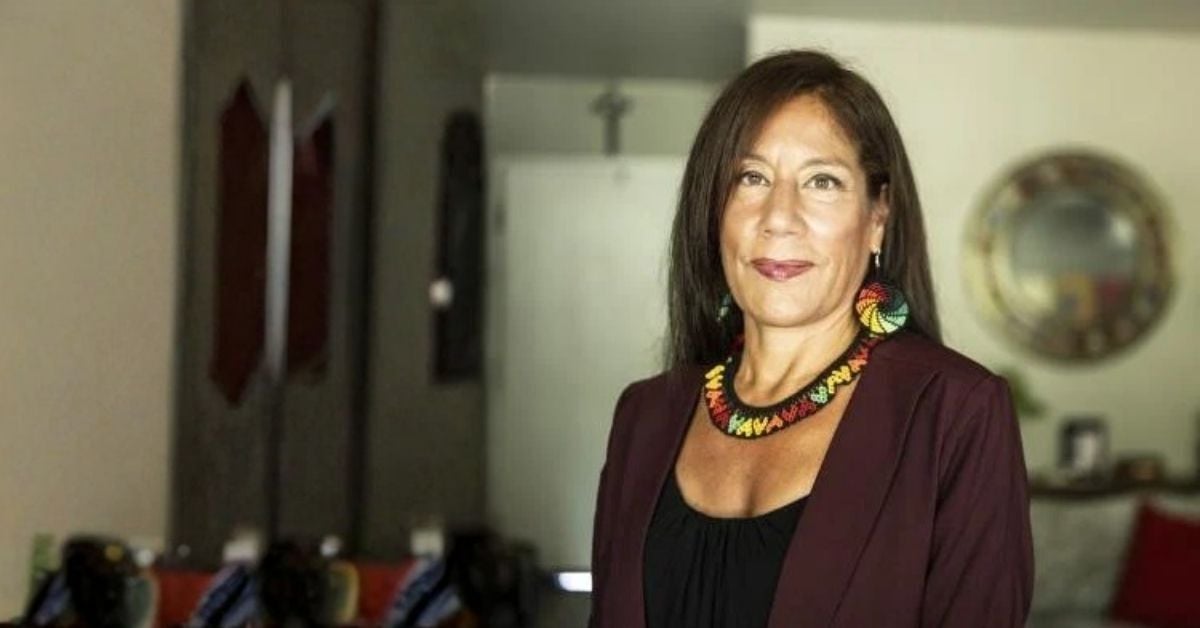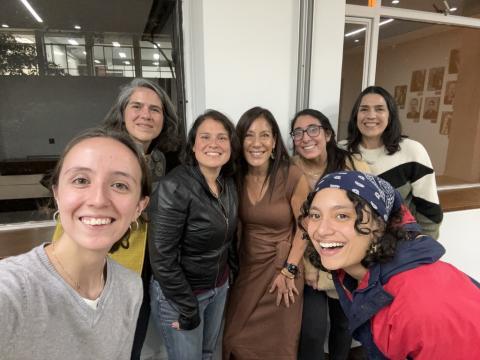
Dr. Susan Branco: Unraveling the Complexities of International Adoption
For Dr. Susan Branco, an Associate Professor in the Counseling Department at PAU, the field of international adoption is not just an academic pursuit—it's deeply personal. As a transracial and transnational adoptee from Colombia, Dr. Branco brings a unique perspective to her research, advocacy, and teaching.
"My personal experience as an international adoptee is my 'why,'" Dr. Branco explains. "It has informed my research and the collectives I surround myself with. These topics are difficult, but my clinical and scholarly experiences have prepared me to navigate the increased attention."
Dr. Branco's work comes at a crucial time. Recent investigations have unveiled troubling practices in international adoption programs across several countries, including South Korea, China, and Colombia. These revelations have sparked what Dr. Branco calls an "international adoptee reckoning."
"There have been half a million international or transnational adoptees who are now reckoning with huge stories of abuse, trafficking, fraud, and coercion," she says. "In South Korea, the government is initiating a truth and reconciliation process. We're seeing similar movements in other countries, including Colombia."
Central to Dr. Branco's work is the Adoptee Consciousness Model, which she developed in collaboration with other transracial and international adoptee colleagues. This model, envisioned as a spiral, helps adoptees grapple with the difficulties they face as their adoption contextual awareness increases.
"The model includes a section for friends and family members of adoptees, as well as mental health providers," Dr. Branco notes. "When you're around adoptees going through this consciousness process, there are times where these introspective periods may involve shocking, hurtful, or painful revelations."
The model also addresses the need for mental health providers to reassess their approach. "We have treated adoptees very differently in recent years than we did in the past," Dr. Branco reflects. "What kind of reparative actions can we take as practitioners?"
Dr. Branco's research has gained international attention. Her 2021 case study on adoptees who discovered fraudulent documentation in their adoption papers was cited in the Dutch Investigative Report on transnational adoption. She has also conducted research on adoptees reuniting with their families, often uncovering that the stories of their adoptions were based on lies.
"Many families were told that their children died or that their children were sick and only wealthy Western families could care for them," Dr. Branco reveals. "Many of these families were coerced into giving their children up for adoption through manipulative practices."
Her work extends beyond research. Dr. Branco is actively involved with the Alliance of Colombian Adoptees, a non-profit organization that provides resources and support for adoptees seeking to reconnect with their birth families or navigate legal citizenship issues.
"Within our community, many of us have such wildly different views on adoption as to whether it was harmful or whether it was helpful. Some of us have even gone on to become adoptive parents ourselves. Despite these differences, we can still work together to advocate for change. The conversation is changing because we're able to make our voices heard despite those differences."
Dr. Branco is also collaborating with the University of Los Andes in Bogota, working with their legal and psychology departments to address issues in international adoption. This partnership has led to initiatives such as training law students in trauma-informed care principles and organizing healing retreats for birth mothers.

"We meet with them regularly now, to identify the patterns of problems between the 1970s and 1990s," Dr. Branco explains. "They have law students in the immigration clinic who help adoptees rectify some of the problems in their documentation and to help access legal citizenship rights."
As investigations continue and more stories come to light, Dr. Branco's work becomes increasingly vital. She's currently working on several projects, including publishing research on the Adoptee Consciousness Model and surveying international adoptees about their experiences with search investigators.
"We are hoping to turn that into a book about the model as well," she says. "I am also trying to work on surveying adoptees and their use of relying on these search investigators. When those services are unregulated, abuses can happen."
Looking to the future, Dr. Branco sees the need for reparations and systemic change. "I see reparations in all forms for many of the adoptees and their origin families," she says.
Dr. Branco emphasizes that the lessons learned from international adoption can be applied more broadly. "We are talking a lot about international adoption, but these same ideas can also apply to domestic child welfare," she notes. "Our systems are broken, and so we need to fix them. We cannot deny the parallels to the boarding school and adoption practices that were perpetrated for decades against Native Americans."
Through her work at PAU and beyond, Dr. Branco is helping to shape a future where the complexities of international adoption are better understood and addressed, and where the voices of adoptees are central to the conversation. Her research, advocacy, and teaching are not just academic exercises—they're part of a larger movement to acknowledge past injustices, support those affected, and reform the practices of international adoption.
As Dr. Branco continues her important work, she remains grounded in her personal experiences and the community she's built. "If it wasn't for my running, my family both in the U.S. and Colombia, and my community, I wouldn't be able to keep going," she reflects. "You experience a lot more non-wins than wins, but the wins are really worth it."




